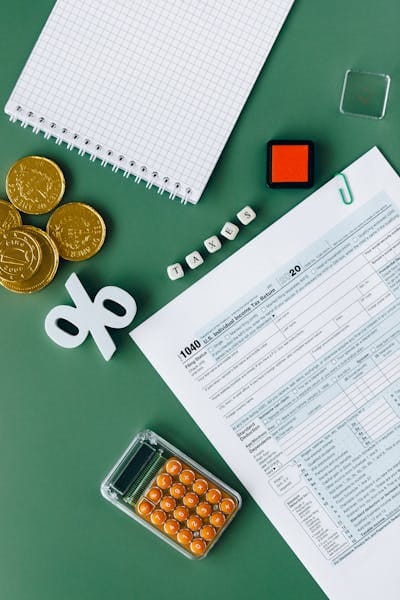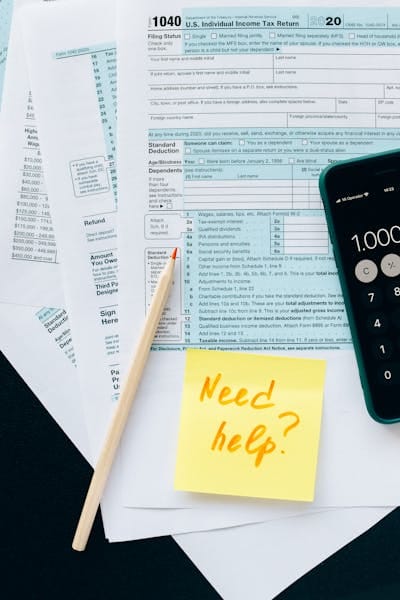Strategies for Effective Note-Taking and Revision
Best ways to make ca preparation most effective by simple shortcuts
- Understand Before You Write: Before making notes, ensure you understand the concepts thoroughly. Read the text or listen to the lecture attentively.
- Organize by Subjects and Topics: Divide your notes into subjects and further into topics. This helps in maintaining clarity and makes revision easier.
- Use Bullet Points and Headings: Summarize key points using bullet points. Use headings and subheadings to organize information hierarchically.
- Highlight Important Information: Use highlighters or different colored pens to emphasize important concepts, formulas, or definitions.
- Include Examples and Case Studies: For subjects like Accounting and Taxation, include practical examples or case studies to understand the application of concepts.
- Make Concept Maps or Flowcharts: Visual aids like concept maps or flowcharts can help in understanding complex relationships between concepts and topics.
- Use Mnemonics and Memory Aids: Create mnemonics or memory aids for remembering lists, sequences, or formulas.
- Review and Revise Regularly: Schedule regular review sessions to go through your notes. Revision is key to retaining information.
- Condense and Summarize: Periodically condense your notes by summarizing them further. This helps in focusing on the most important information.
- Use Digital Tools: Consider using digital tools like note-taking apps (e.g., Evernote, OneNote) that allow easy organization, search, and access to your notes.
- Personalize Your Notes: Adapt your note-taking style to suit your learning preferences. Some students prefer detailed notes, while others may find concise summaries more effective.
- Ask Questions and Seek Clarifications: If something is unclear, jot down questions in your notes to revisit later or to ask during revision sessions or with peers.
- Create a Revision Schedule: Plan your revision sessions leading up to exams or assessments. Allocate time to revise each subject thoroughly.
- Incorporate Feedback: If you receive feedback on your notes from teachers or peers, use it to improve the clarity and effectiveness of your notes.
- Stay Consistent: Develop a habit of taking notes consistently throughout your studies. This habit will pay off during exam preparation.








